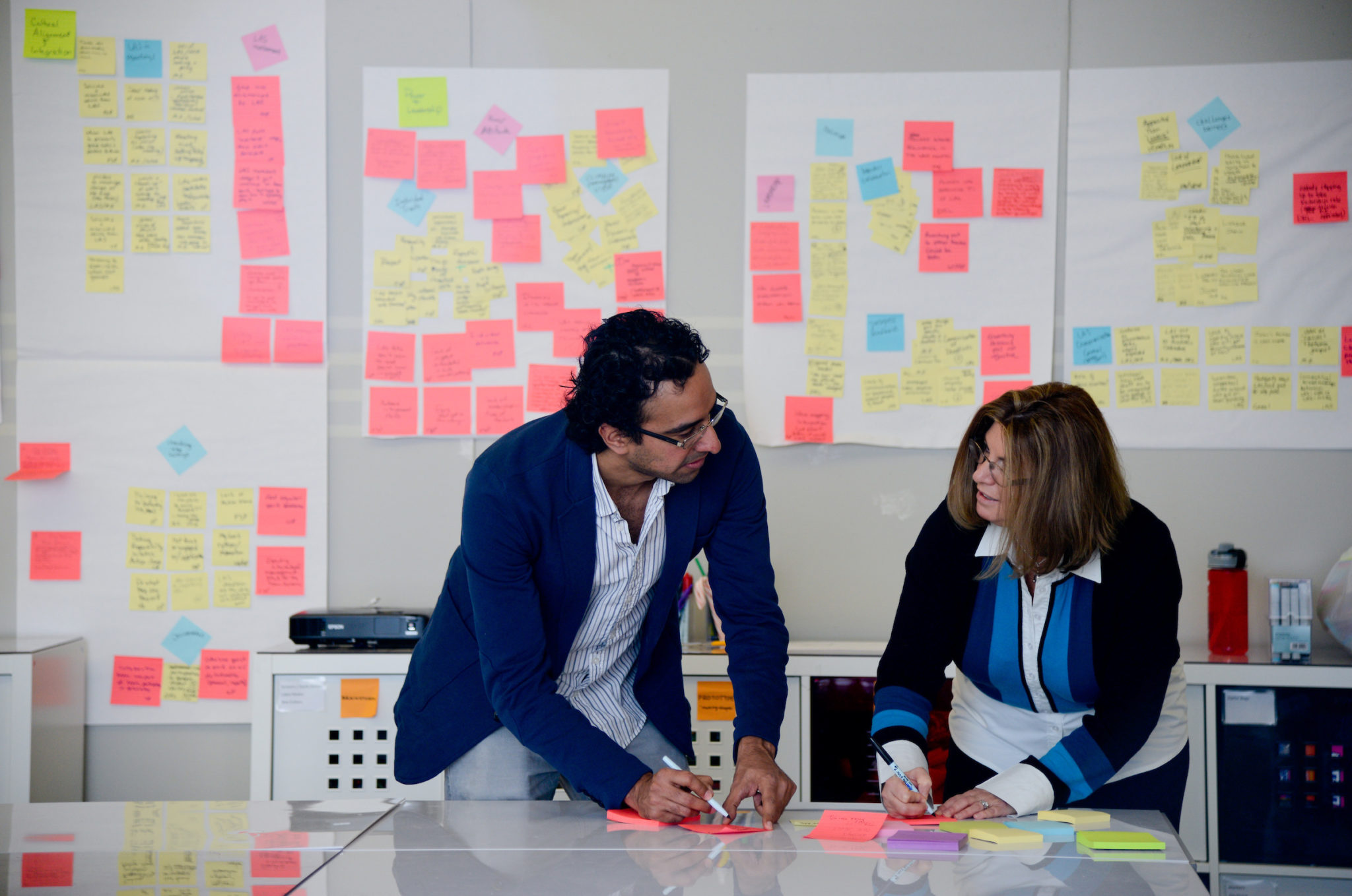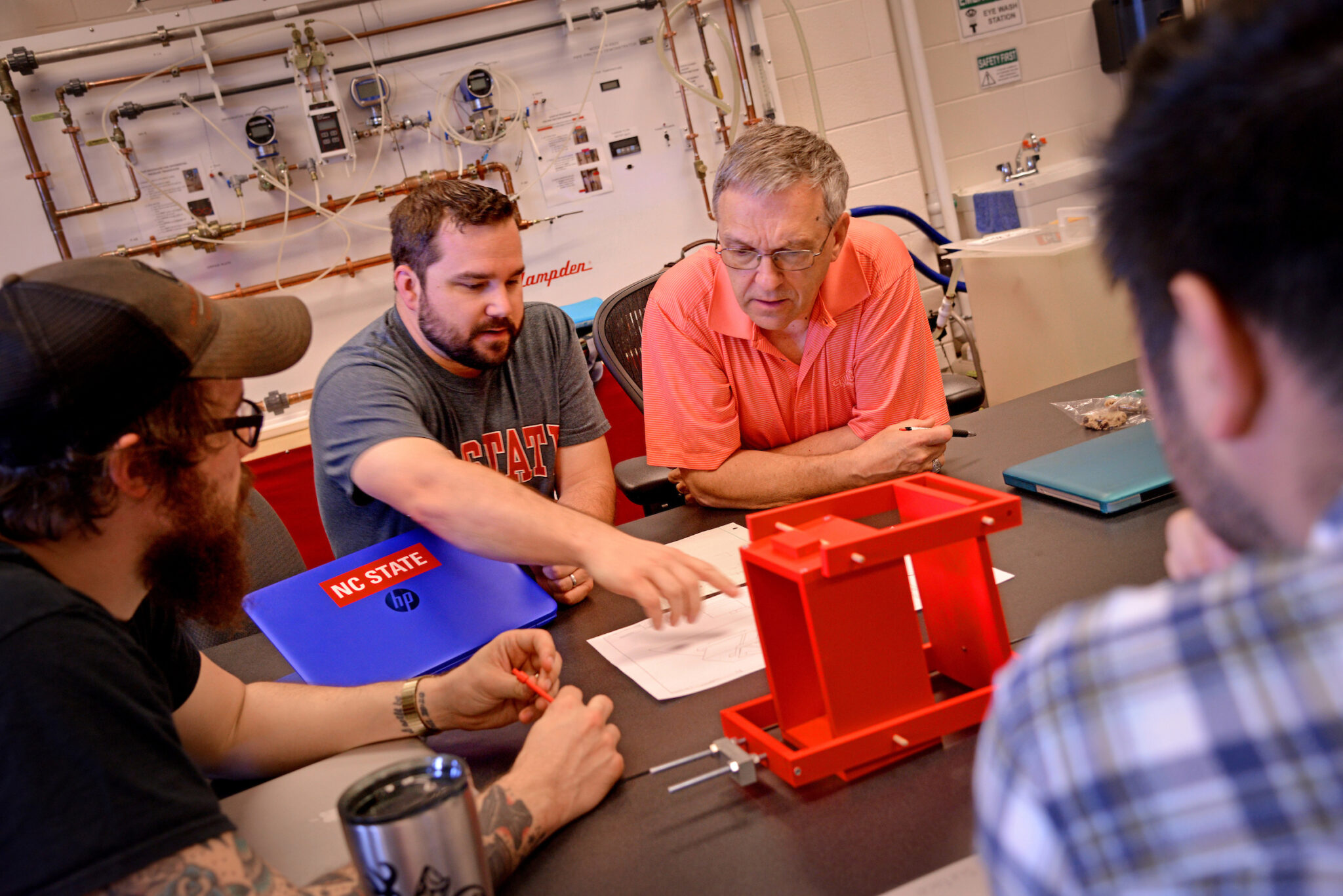Planning for a Training Grant Proposal

Institutional training grants can be instrumental in defining academic program identities, providing financial stability for a department’s trainees, and bringing national recognition to undergraduate, graduate, and postdoctoral programs. Therefore, many training grants are highly competitive and require significant amounts of planning. To be successful, it is important to recognize the kinds of preliminary data and efforts needed to write a training grant, keeping in mind that past success on research grants does not necessarily translate to success on a training grant. Here are some of the areas that require extra planning efforts to ensure success on a training grant proposal:
- Mentoring Team. Agencies often look for a diverse pool of mentors to make up a program. In addition to gender, racial, and ethnic categories, diversity often includes a balance of scientific disciplines and experience levels. Once a diverse pool of mentors has been identified, you need to ensure they are on board with the training program concept, and able to help provide information and support for the application.
- Institutional Leadership Support. Training grants rarely cover the full cost of the program operations, and agencies expect to see institutional leadership commitment to ensure the program will be a success. Are your departmental, college, and university-level leaders on board with the proposal and willing to commit the extra resources needed? Additionally, many agencies restrict training grant applications to just one per institution, so the NC State Research Development Office may need to provide prior approval for any limited submissions.
- Training Environment. Agencies are keenly aware of programmatic overlap and duplication when it comes to training grants. Therefore, you should be aware of other training programs in your area and be able to highlight both how your proposal is unique and how you can coordinate activities and leverage resources with other training programs on campus to be more efficient. For example, if you are interested in an NIH T32 grant, consider reviewing the PDU Training and Fellowships page to identify other complementary programs that may be able to share courses and materials in Rigor, Reproducibility, and the Responsible Conduct of Research.
- Recruitment Strategy. You will need to defend the size of your recruiting cohort. A program needs to be large enough to have a critical mass for training activities, but small enough so that your institution can reasonably expect to fill every slot every year. Gather data on similar existing programs – how many students are eligible to apply, how many actually apply, and how does that translate to a productive class. You will need a recruitment strategy that addresses where the potential trainees currently are and how you will reach them – this could be especially tricky if you are trying to recruit an underrepresented population such as first generation college students.
- Curriculum Design. Deciding on program components requires a delicate balance. On the one hand, agency reviewers will want to see innovative, engaging content for the trainees that meets the future workforce needs; many agencies will ask you to describe how your proposal goes beyond the training currently available. On the other hand, there is a danger to adding too much novel content; trainees need to complete their degree requirements in a timely fashion, and if your program is too intensive it may hamper your recruitment and retention efforts. If you are thinking about designing new courses, minors, or majors to support your training program, consider the university approval requirements before you submit your application.
- Evaluation Plan. Whether it is a research grant or a training grant, research agencies love to see data. Just as a successful research grant proposal will articulate a clear hypothesis supported by preliminary data, a successful training grant proposal will articulate planned program outcomes with a robust evaluation plan to measure those outcomes.
Training grants can take a lot of preparation, planning, and communicating to have a solid proposal. However, the efforts spent in the early preparation can have huge payoffs as you prepare the future workforce to face the academic and scientific challenges of the future.
- Categories:


